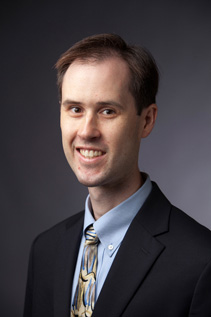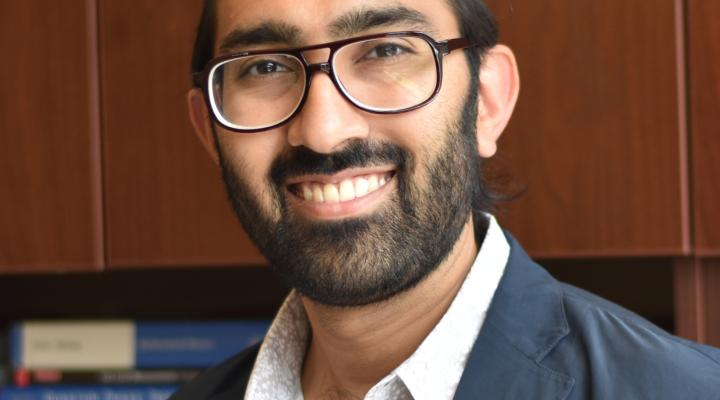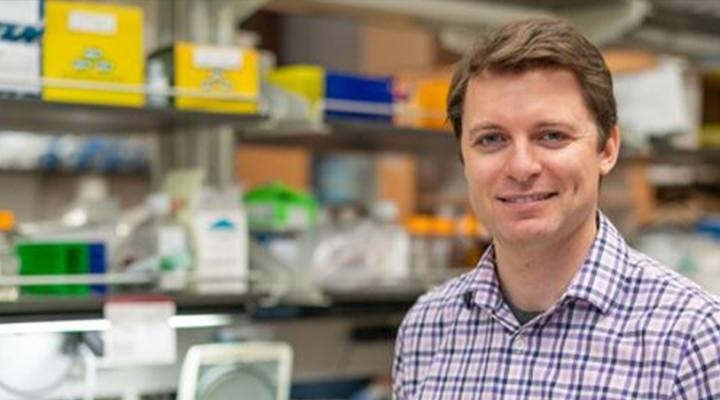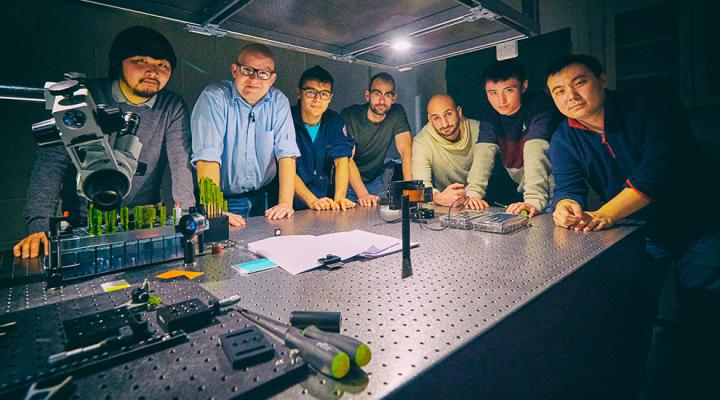The program, administered by the Air Force Office of Scientific Research, is open to U.S. scientists and engineers who have received a Ph.D. or equivalent in the last five years and have shown "exceptional ability and promise for conducting basic research." The objective of the program is to "foster creative basic research in science and engineering; enhance early career development of outstanding young investigators; and increase opportunities for the young investigator to recognize the Air Force mission and related challenges in science and engineering."
Fuchs, assistant professor of applied and engineering physics, has been awarded $375,00 over three years to support his research into optical methods of probing magnetization with nanoscale spatial resolution and picosecond time resolution. He plans to use these techniques to study the dynamics of magnetic oscillators and memory.

The year the Air Force received 220 proposals in such areas as aerospace, chemical and materials sciences; physics and electronics; and mathematics, information and life sciences.
The Fuch group’s research focuses on understanding and controlling solid-state spins at the nanoscale. "We are interested in their interactions with their environment and electromagnetic radiation from the microwave to the optical domain. These interactions may find applications in magnetic technology and devices as well as in the emerging area of quantum information science and technology."
The group's primary interests include:
- Using light to measure magnetization dynamics with high spatial and temporal resolution
- Quantum control over single solid-state spins in diamond, with an eye toward quantum enhanced technology
- Understanding the photo- and spin- physics of point defects in wide-bandgap semiconductor materials.
- Micro- and nano-fabrication of photonic and magnetic structures aimed at probing spin at the nanoscale.
Fuchs earned his Ph.D. in 2007. Afterward, he moved to the University of California, Santa Barbara as a postdoctoral associate. In 2011, he joined the Cornell faculty of Applied and Engineering Physics.






